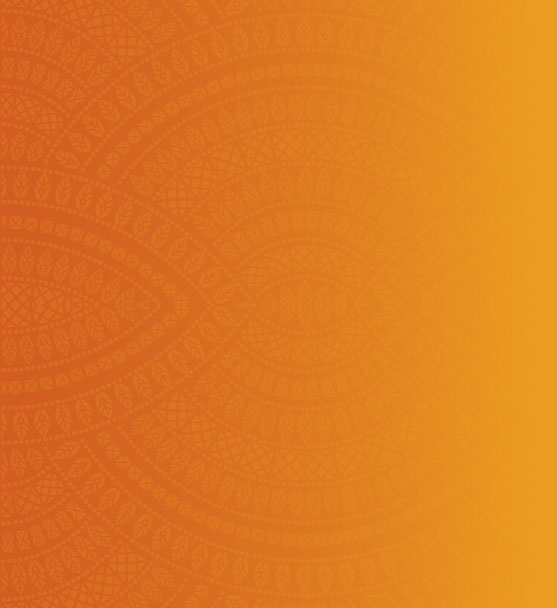
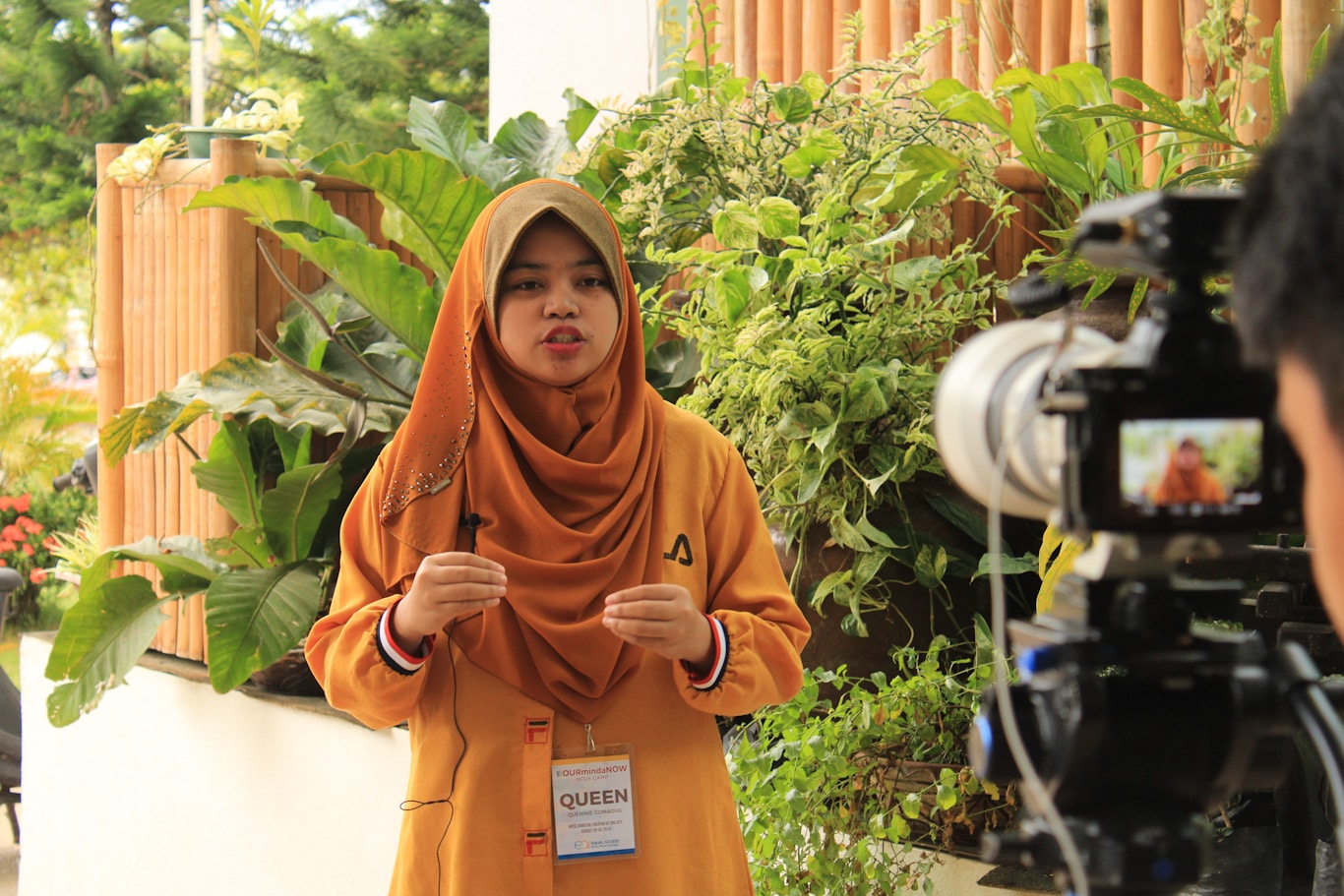
The Women of EAI tell their stories
Read what some of our staff have to say about women's rights, gender equality, and women's empowerment.
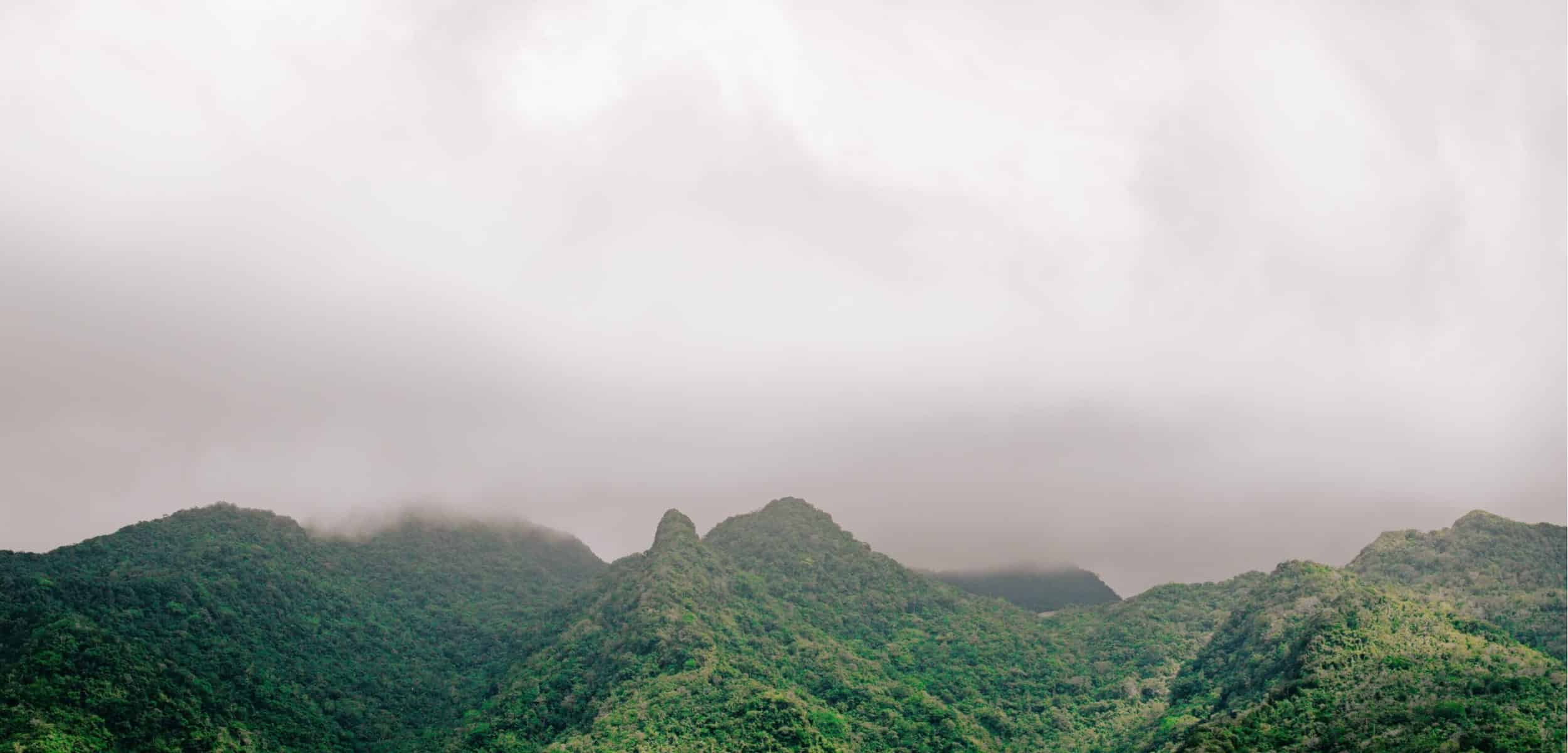
EAI joined the world in celebrating International Women’s Day on March 8, 2020. Addressing gender issues has always been at the core of our work. Our signature social and behavior change communication and norms approaches are critical strategies to address the root causes of gender inequality.
Learn more about our current and past activities that champion gender equality and women’s empowerment, including bridging the gender digital divide in Nigeria, helping minority women find their voice in Pakistan, and reducing intimate partner violence in Nepal.
None of these groundbreaking projects and their impact would be possible without the dedicated and insightful contributions of our staff around the world. In honor of International Women’s Day, we have highlighted some of our influential female staff.
We talked to each of them about their professional and personal journeys as women. Read their stories, get to know a little bit about them, and be inspired.
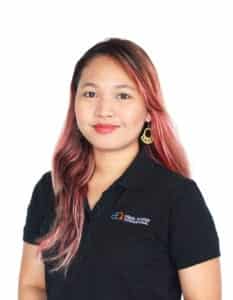
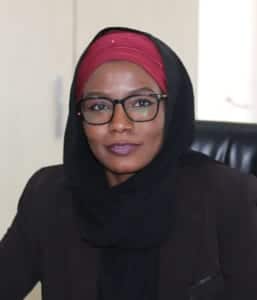
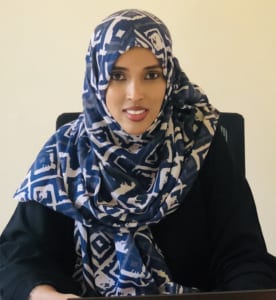
What does “women’s rights” mean to you, both personally and professionally?
Irish: It is when a woman is not questioned or discriminated for what she is capable and not capable of doing. At the same time, it is when women are celebrated and encouraged for what they are capable of.
Halima: To me women’s rights means empowerment. Women must have agency so we can create change across all sectors with no discrimination. I am an example among the women who take charge of their lives, and that has taught me to be stronger and have dignity. I believe that when anyone looks down on me, then I will rise high and be carried by all the women surrounding me to have equal rights.
Khadija: It is the right of women all around the world to live free from violence and discrimination, with the right to be educated, own property, and earn equal wages for the same work as men.
What woman or women have inspired you and why?
Khadija: My mother has been the biggest inspiration to me, she has been instrumental in ensuring my siblings and I prioritize education, despite being uneducated herself. She made sacrifices to ensure we had everything we needed so we could achieve what we had set out to do. Today, she is proud to have raised two doctors, an architect, a lawyer, a telecommunications expert, and a career humanitarian.
Irish: Growing up, I was surrounded by strong and determined women. My grandmother, for example, proved that women are capable of doing things outside the home. She excelled in running the business with my grandfather, and at the same time taught her children important values. This inspired me to do well in school and hone my skills. I told myself that someday and somewhere out there (outside my comfort zone) I have a place where I can exhibit my full potential. And, I guess I am in that place right now.
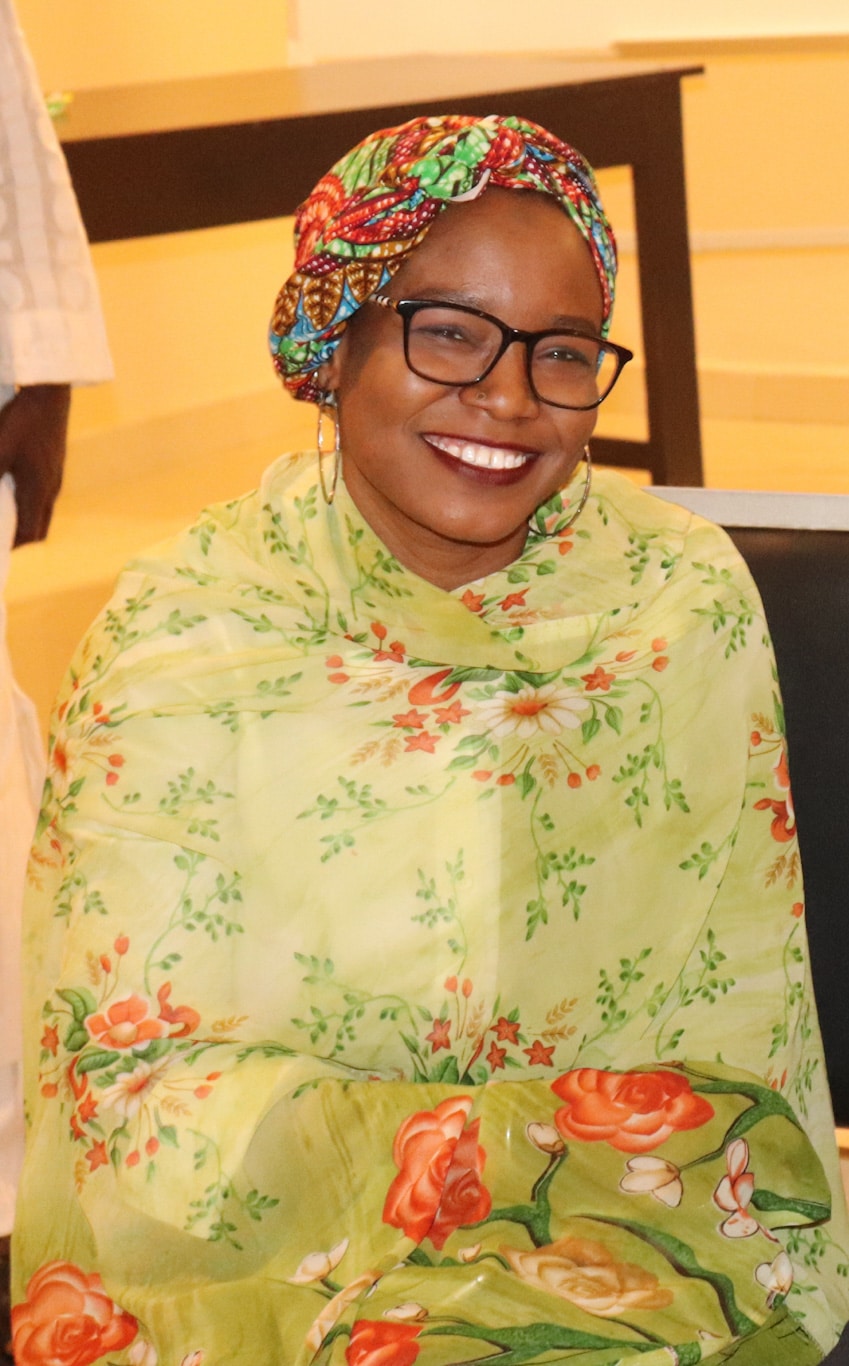
We must include the 50% of the world’s forgotten population to find solutions to problems because we need everyone’s voice and input and diversity to be reflected.
What do you think was the biggest challenge (personally and professionally) for your generation of women? What about the generation of women younger than you?
Irish: I think the biggest challenge that women face in my generation and even the younger generation is that, we are still tied up with the mindset of seeking validation from others. There is still this idea that we are the lesser being and we sometimes forget to own what is rightfully ours in the first place.
Halima: I think men continue to be the biggest challenge, at least in my country. They are part of a culture that overpowers and dominates women in every aspect of life.
What positive changes (if any) have you seen in women’s rights and gender equality as a result of your work with EAI?
Halima: EAI empowered me to create a vision for my life. I call myself an agent of change for sustained socioeconomic development and security in Northern Nigeria.
Irish: Nowadays in the Philippines, women do not need to be afraid to exercise their rights. Working with EAI for almost a year has enlightened me of the many ways on how women can support each other. We hold different empowerment sessions and it amazes me to hear words of encouragement and success from fellow women. It’s nice to see women supporting each other.
Khadija: Our project [Somali Voices] is designed with women in mind. From our formative research to the impact of our work, we believe women are the backbone of society and ensure women’s involvement at every stage of our work. In our project, half of our core staff are women, half of the tech camp graduates are women, and over half of our Peace Promotion Fellows are women. By ensuring women’s inclusivity in the project, our alternative messaging is reaching more people on the ground.
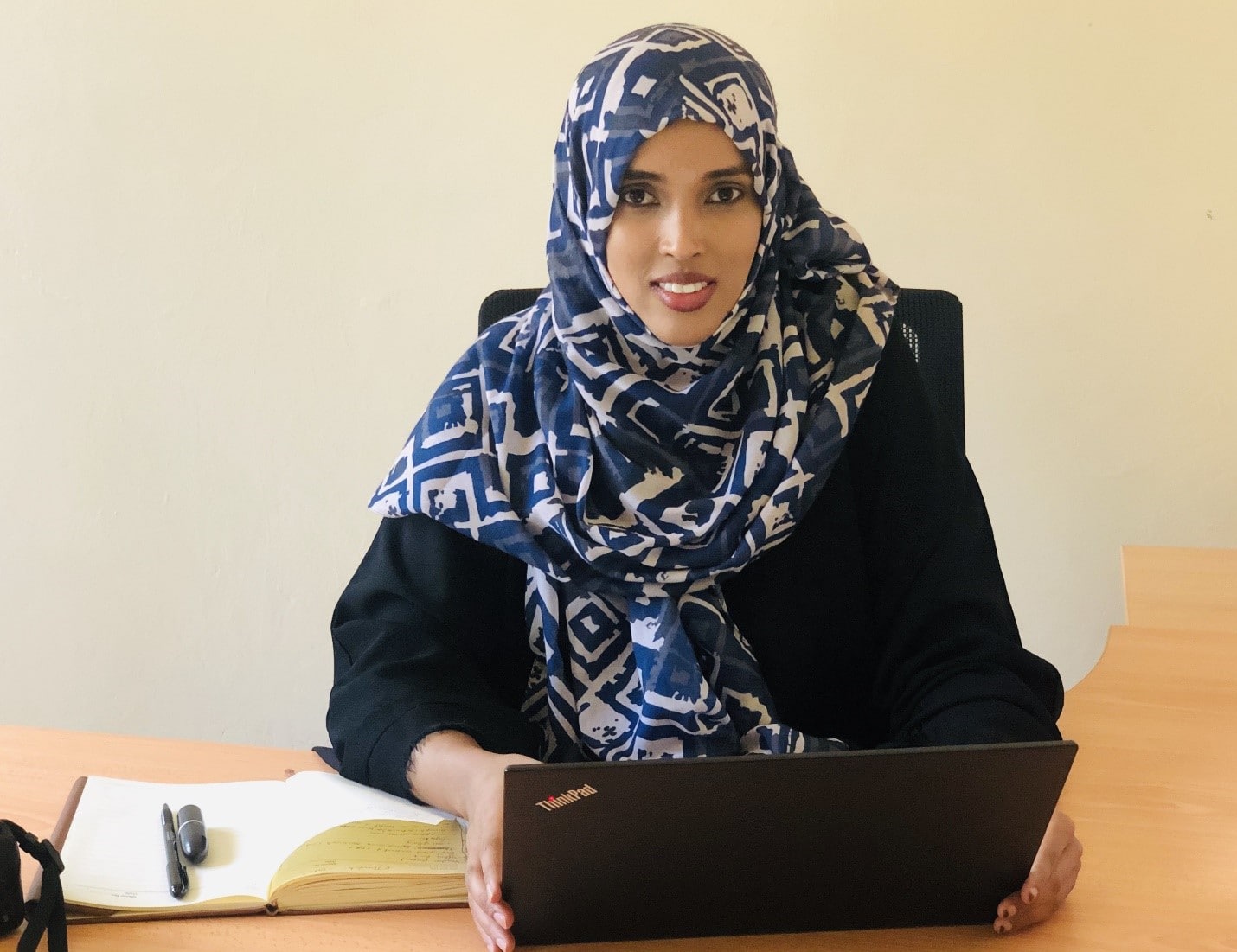
The training and capacity building offered by EAI are critical for women’s and girls’ health and wellbeing, as well as their income generation opportunities and participation in formal labor markets.
What still needs to be done in your country/community to make generation equality a reality?
Khadija: Not only in Kenya, but across the world, we should end gender-based violence, female genital mutilation, and early child marriages. We need to provide better access to sexual and reproductive health. We should continue to increase access to education, expand women’s economic opportunities, and reduce the burden of unpaid care work on both women and girls.
Irish: In the Philippines, there are already laws, ordinances and campaigns promoting generation equality. What still needs to be done is to educate the people and raise more awareness about it. Schools must introduce these ideas and values to children as young as they are so they can exercise and embrace it as they grow up.
Halima: It is obvious that we do have a lot of focus on gender equality, yet many forget to highlight women’s added value in decision making and policy issues. Involvement of women in decision-making processes at all levels if we want our laws and policies on a wide array of issues (e.g. environment, equality, development) to be efficient and effective.
Please share your experiences of personal and professional growth during your time at EAI.
Irish: Working with EAI has brought me many realizations, both professionally and personally. The idea of social behavior change (as a desired outcome for EAI’s programs) continues to challenge me not just in peacebuilding but also other important issues in the society, especially on environmental issues. My work in EAI gives me a chance to level up my role as a development communicator.
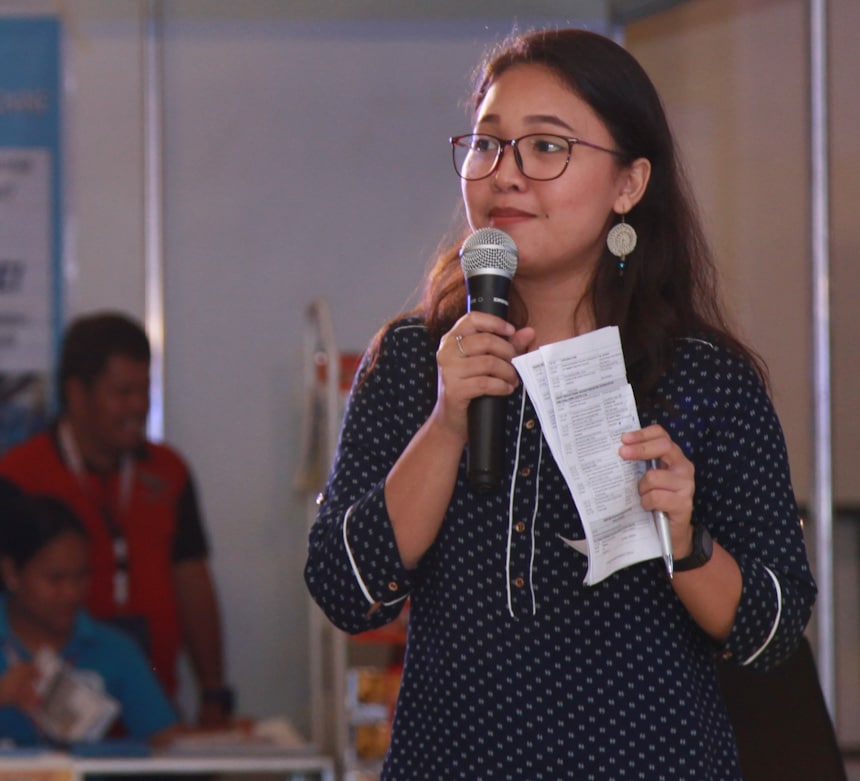
As a media-oriented organization, I get to apply and learn communication strategies every now and then. More importantly, I get to receive and share more positive narratives than before.
Halima: I am currently a radio producer/program officer for the Ina Mafita Radio show on the prominent Farar Tattabara radio platform with a broadcast reach of over 20 million weekly listeners in all 19 states of northern Nigeria. I am a mentor and a youth influencer.
I am originally from Borno State and have witnessed firsthand the damage and atrocities in my region. I was born into a family of 10; during the insurgency in my home, we had to be strong and resilient, and we had to flee to Kano State.
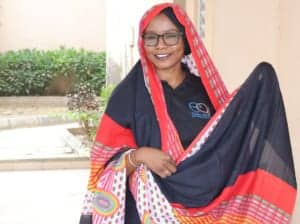
In December 2014, I heard of an EAI radio project, and I was lucky to be recruited by Graham Couturier [Executive Vice President of EAI] who trained and empowered me to become a radio presenter and the pioneer first female voice of the Dandal Kura radio project, creating content to counter violent extremism. I was also responsible for production design and delivery of a Hausa and Kanuri radio magazine show.
From there I transitioned from radio producer to CVE actor/agent for change. I’d like to personally thank my mentor, who helped me realize my vision. I will always appreciate how Kyle Dietrich [Director of Peacebuilding & Transforming Extremism of EAI] empowered me to reach my goals as a peacebuilder.